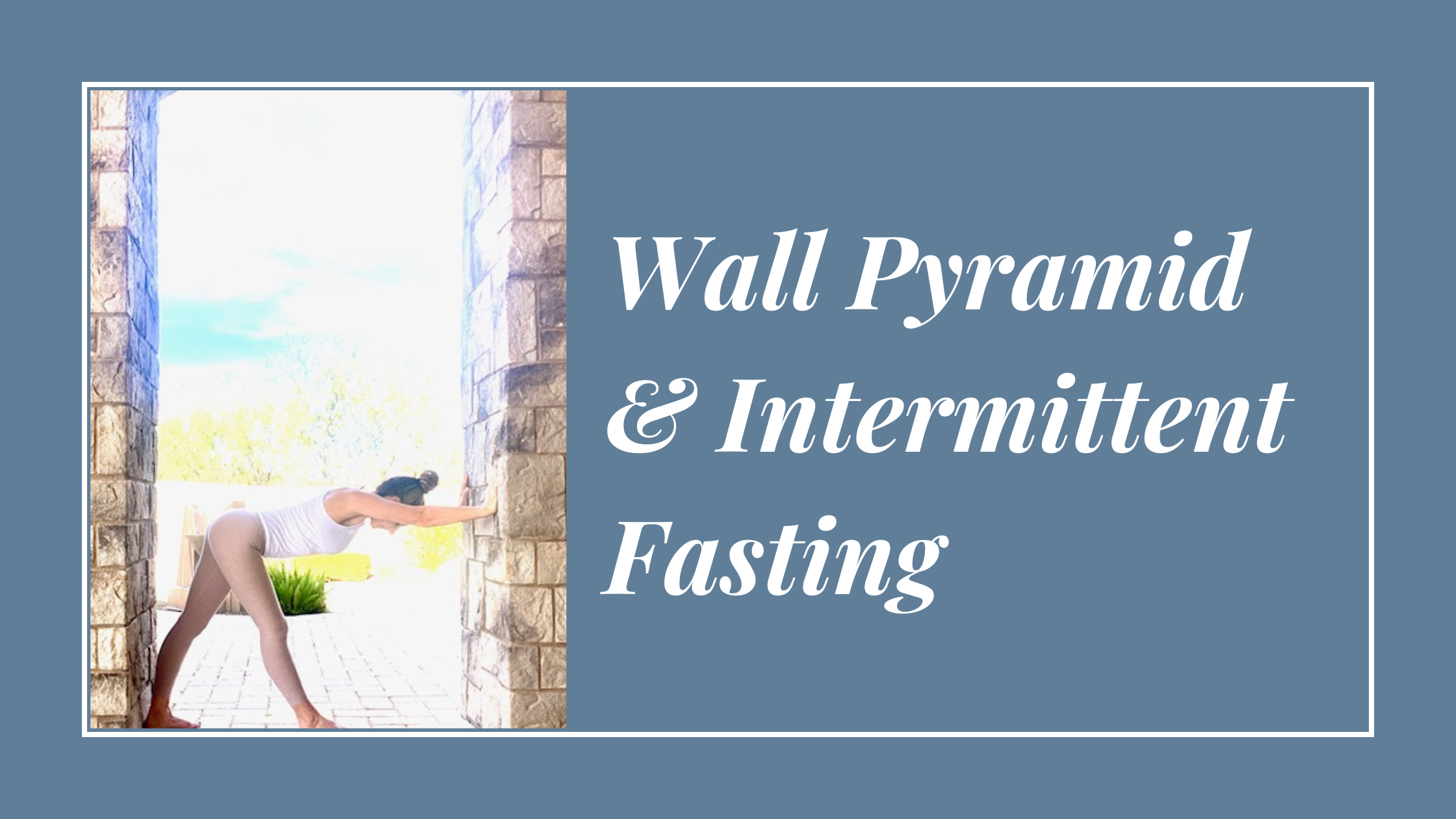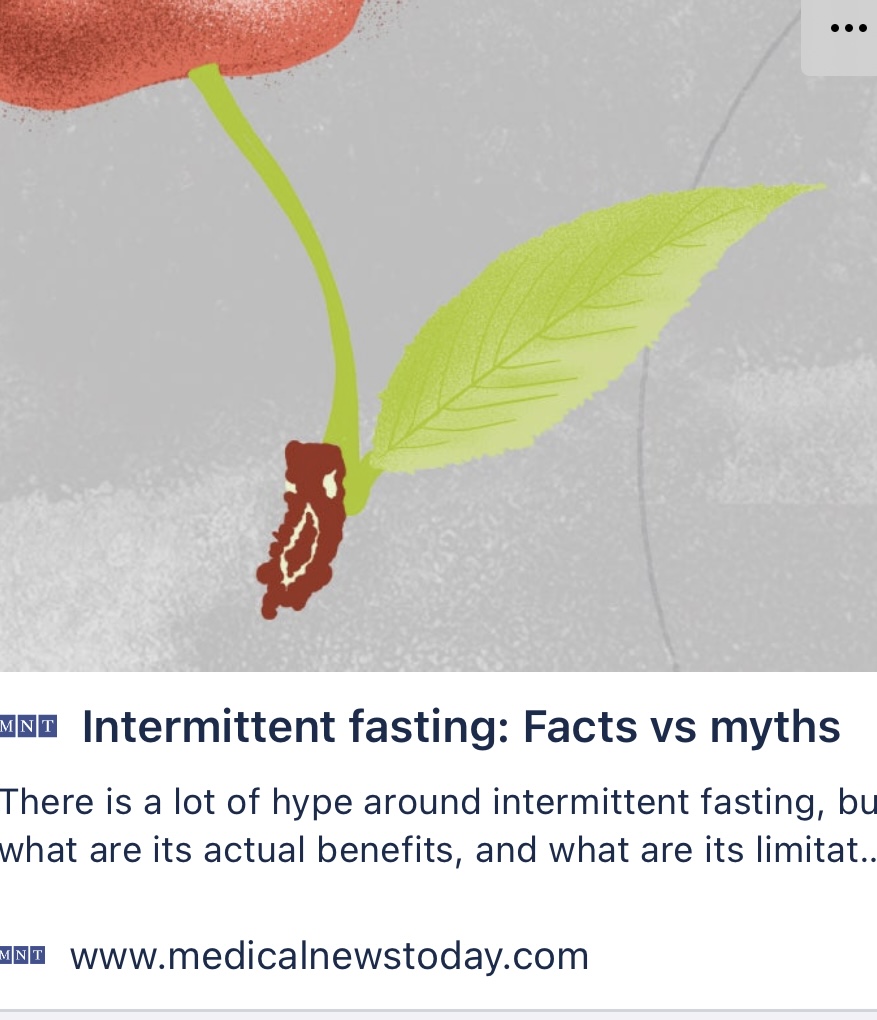One inspiring cue:
WALL PYRAMID
Take your hands to a wall a little more than shoulder width apart. Step your left foot back and right foot forward as you hinge forward from your hips into the pose. Press your hands into the wall as you pull your right hip crease back. Try to keep your hips as level as possible!
Why?
Many people round excessively through their lower back in traditional Pyramid pose and miss out on the full benefits of the hamstring stretch. Try this variation at the wall and, as you pull your right hip crease back, you will feel more stretch in the outside/lateral hamstring.
One inspiring tip:
If you’re too close to the wall, you may not feel the stretch. Press your hands into the wall and then walk your feet back a little from there. This should ensure you reap the full benefits of the stretch!
One inspiring song:
“Do You Feel the Same?” by Emmit Fenn
One inspiring quote:
“Learning how to be still, to really be still and let life happen – that stillness becomes radiance.” – Morgan Freeman
Nutrition nugget:
WHAT IS INTERMITTENT FASTING AND IS IT ALL IT’S CRACKED UP TO BE?
Intermittent fasting seems to be all the rage in the diet world. There are different fasting methods, as detailed in this comprehensive article on intermittent fasting from Medical News Today.
Today I will focus on time restricted fasting, which is “a type of intermittent fasting that limits the ‘eating window’ to 4-12 hours, inducing a daily fasting period of 12-20 hours. Persons eat to satiety during their eating windows without caloric restrictions.”
With the plethora of nutrition articles circulating online, I’ve come across 12-16 hours as the fasting window that provides the most benefits. If you’re fasting strictly for weight loss, 12 hours may be enough; if you’re looking for other health benefits, a longer fast up to 16 hours may be necessary.
“Previous research on intermittent fasting found that when people limit eating to an 8 hour window (16 hour fast) and deliberately restrict calories, they achieve similar weight loss over the course of a year as people who only restrict calories, but don’t limit to a specific time window.” – NPR.org
Therefore, “12 hours of fasting is enough – even this short fast can lead to health benefits and weight loss. Longer fasting periods can potentially increase those benefits, but 12 hours is a great – and safe – place to start before ramping up to extended fasts.” – Simple Life
But is there a downside to fasting? My main concern with people who only eat one or two meals daily is that they may not get the nutrients they need for optimal health.
On top of that, according to Mary Hyer, RD, LDN, CCRP from Mass General Brigham, “While intermittent fasting has promise, it’s not right for everyone. A lot of the research has been done in animals, so it’s not clear if people would get all of the same benefits. And early studies mostly looked at the more extreme 5:2 diet, Hyer points out. Researchers are still exploring how helpful it is to restrict eating to 8 to 12 hours a day. What’s more, fasting might not be a good idea for certain groups or people with some health problems. Hyer recommends not fasting (or talking to a doctor first) if you: are over 65, are still growing (children, teens, young adults who haven’t finished developing), have diabetes, have heart, kidney or liver disease, have a history of an eating disorder or disordered eating, are pregnant or breastfeeding, have low blood pressure, take medications such as blood thinners, diuretics, blood pressure medications, or medications that affect your blood sugar.”
Overall, I think there are many benefits to fasting as long as you are getting the nutrients you need. You may want to start with an 8 hour fast for a few weeks to adjust and see how you feel. From there, you can slowly increase your fast to 12-16 hours.
You know I am all about balance. I often tell my clients that 4-5 days a week of intermittent fasting can be beneficial. If you have a couple of days a week where you can’t fast due to social engagements, don’t worry. It’s more about balance rather than an all or nothing approach.
If fasting isn’t for you, there are so many other things you can do to get the same benefits. Eating whole foods, watching your sugar intake, exercising and being outdoors are all amazing ways to stay healthy!


